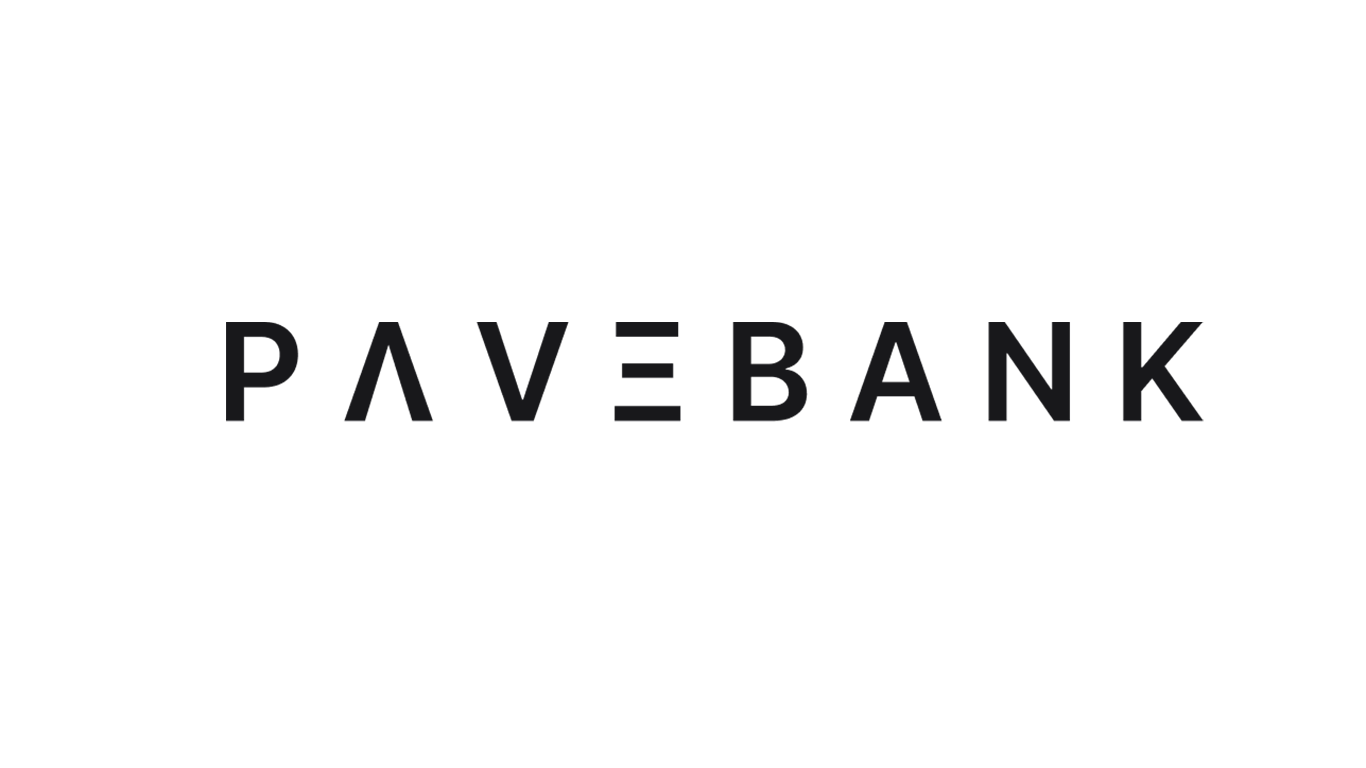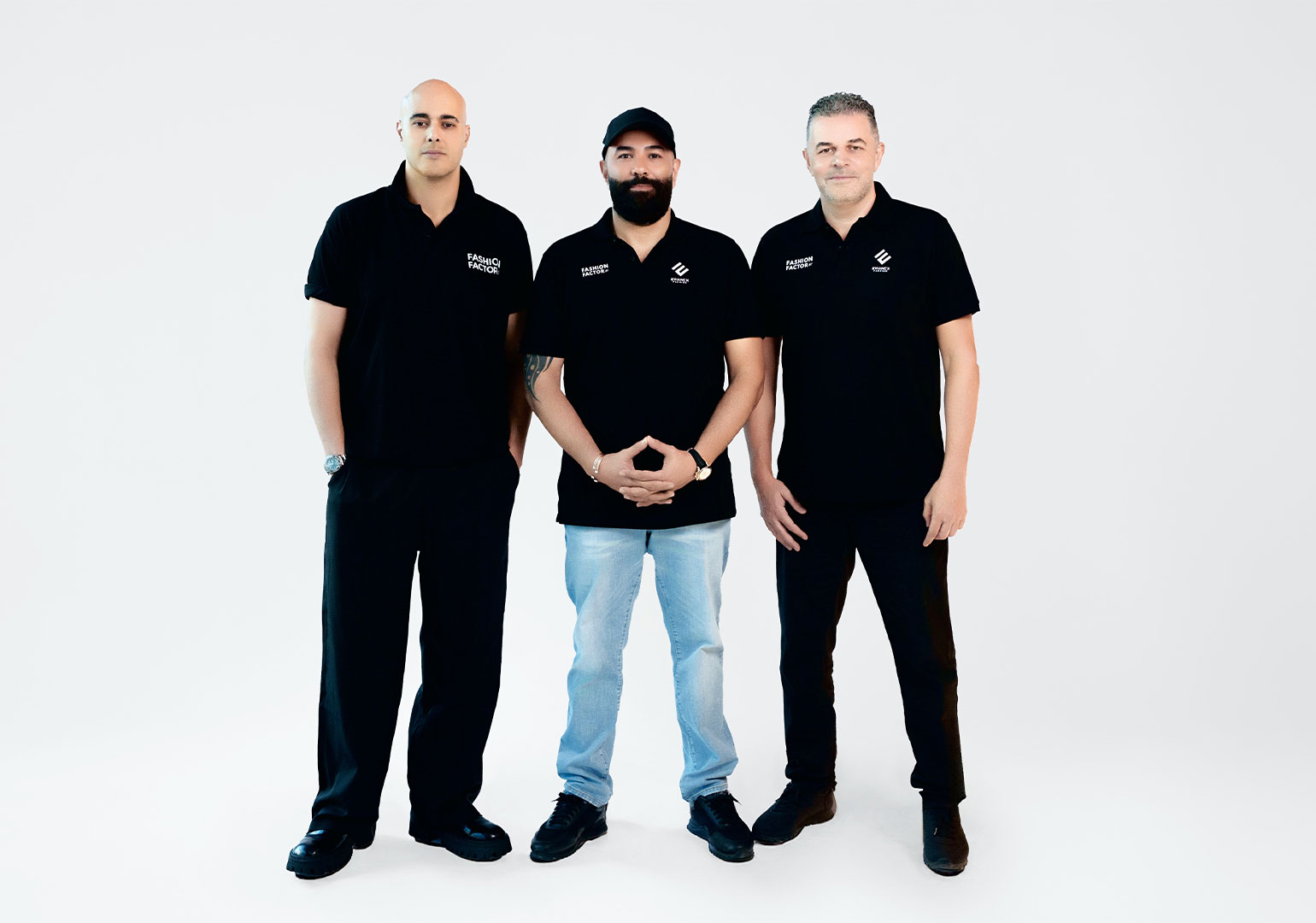Ah, the luring and wonderful world of marketing… if only the reality was as sweet and colorful as the mesmerizing commercial break after your favorite TV show or the aesthetic banner besides the checkout desk of your local supermarket, but little do we sense that in a world of such broad promotions, only a few firms and strategies truly succeed in captivating our attention. In the modern technological era, having a viable product is not enough. One must know how to sell it. Names, brands, logos, all play a role in affecting our conscious and subconscious behavior (including that of reading this article, because it has Forbes written on it). But what if we could stop expressing our scarcely credible opinion on our feelings and let our brain do the talking? In essence, this and much more is what Neuromarketing is all about.
The difference between Neuromarketing and its ‘non-neuro’ counterparts is the ‘measurable objective information’ explains Teona Gubianuri, a Master of Clinical Psychology, and a member of Psycho-physiological research center (PRC) of Ilia State University, led by Professor Malkhaz Makashvili. In other words, with the help of the right devices, it is possible to record and analyze the true reaction of the brain on various products or information, without the risk of bias that the person might have when expressing his or her opinion. This allows for the commercial, online ad or even political speech to be synchronized with a real time brain activity scale, which exposes the strong engagement periods of the public and helps estimate the overall likelihood of success of the project. Financing marketing solutions can be quite expensive, not to mention the grave risk of its ineffectiveness. Even with the surveys and questionnaires, the subjectiveness of the public’s response cannot be avoided. This, however, is exactly where Neuromarketing excels. Neuromarketing methods, such as the registration of brain electrical activity and real time Event Related Potentials, as well as the study of Skin galvanic response and other somatic – bodily reactions provide information whether the promotion is comprehensive, emotion-triggering and easily retained in memory, thus providing tangible data, drastic cost savings and reduced risks.
While not only large, but also medium and small businesses of the developed countries have already implemented this innovation in their marketing strategies, their Georgian counterparts or even franchisees still stay reluctant and prefer the good-old ways to raise their popularity and sales. The Scientists at PRC are fighting to resolve this issue. Their principal mission is to provide two main services to emerging and existing companies and even startups: First – the mainstream option of advertising assistance on the existing products, and Second – the sophisticated assessment strategy that evaluates the possible reputational performance of the startups and ideas that still need realization. On the one hand, the mainstream approach aims at putting the marketing project through its paces, whether it is common TV advertisement video, billboards, radio broadcast or something else. This way, the company can receive unbiased feedback on the promotion even before its publishing, preventing unnecessary expenditures and evading possible negative effect of the poor commercial ideas. On the other hand, the unrealized product evaluation is a service that should most notably promote the emerging businesses and startups. If we are to believe that the goal is not to give people what they want, but rather what they will want in the future, an idea, essential for the success of the innovation, investing in such a service is much more important and viable than in any other market research or survey. Henry Ford once said “”If I’d asked customers what they wanted, they would have told me, ‘A faster horse!'”[1]. Thus, if we are to keep up with the world in creating modern-day technological breakthroughs or other innovations, the research strategy and product testing must also be adjusted.
It is not without challenges, however, that the ‘measurable, objective information’ is obtained. Ensuring the accuracy of the scientific approach, along with consequent, deductive and logical interpretations of the raw data are the two problematic issues, which define the success of the research.
The challenges of the research first start with the essentiality of accurate execution. If the devices and sensors are not used, timeline strictly maintained and the environment controlled, the effects will not be accurate. What is more, if such misrepresentations were to appear in the raw data, even with the right interpretation, the error will only be amplified. What is more, unlike the post-commercial surveys, the reaction of the public is measured in real time, thus with a higher accuracy. Subsequently, the cost of conducting is also significant, however, PRC scientists emphasize that the price of the service allows fierce competition with other marketing opportunities, it is simply the fear of the new that keeps clients away. However, it should be noted that there is a substantial asymmetry of information, because of the scarcity of sources and companies which should inform, consult, and encourage the range of Companies on Georgian market.
The second important challenge is concerned with representation. It should be noted that cultural, indigenous tendencies and traditions are essential for the rendering of the brain reaction. Consequently, simply copying the experience of the western countries in neuromarketing is less effective in Georgian reality. Scientists should define which sections of the commercial were effective, weak, or neutral and classify information in accordance with senses that individuals use during the test, while also considering the cultural tendencies of the local people. Moreover, as Georgia is a multinational country, for a more reliable information a wider community of consumers and companies should be engaged in neuromarketing studies.
So why exactly can’t neuromarketing sell itself, you ask? Well, it can, and does. For an emerging marketing solution, the costs are competitive and despite having a significantly lower market share, the forecasts project an 8.9% CAGR[2] during 2020-2027 with the base year of 2021. ‘Some have doubted the ethical righteousness of ‘playing games with the mind’ even when the research procedures and all the experiments are non-invasive’ says Teona Gubianuri about the possible fear of the Georgian public, ‘but the society is not damaged. Neuromarketing research is focused on providing the same positive outlook on products as any other marketing solution and helping the public to make the best choice.’
Overall, despite questions, it is still interesting to observe the development of this breakthrough in marketing technology. In a world of big companies and ubiquitous products, we cannot expect the iPhone commercial about what the device cannot do. And even when the commercials seem too optimistic, no product can advertise a nonexistent feature, according to the Georgian Law[3]. Therefore, the benefits that this emerging field provides, can transform the future marketing environment for competitive large businesses and boost the success of emerging ideas, especially interesting startups. This big benefit, along with the government which protects ‘the rules of the game’ could truly help the public, businesses and even the political parties or leaders to ensure that their message is heard. After all, there must be beauty in everything. And it is hoped that this article is no exception.
Sources
[1] Steve Jobs > Quotes > Quotable Quote – Goodreads, https://www.goodreads.com/quotes/988332-some-people-say-give-the-customers-what-they-want-but.
[2] https://www.mordorintelligence.com/industry-reports/neuromarketing-market
[3] https://matsne.gov.ge/ka/document/view/31840?publication=30: Chapter 2, clause eight.

David Tvalavadze
David is GZAAT Graduate and a sophomore at Bocconi University in Milan, Italy.
















